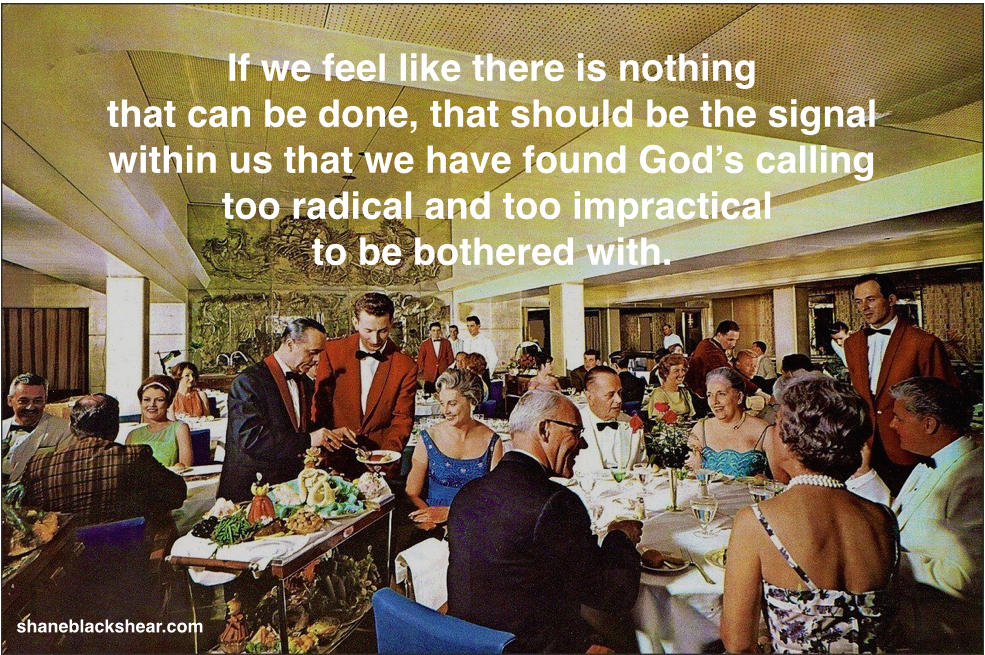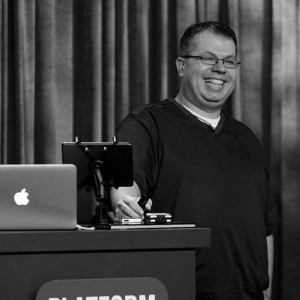
A friend of mine recently expressed frustration on Facebook over the recent injustices towards people of color in our nation. One of the comments on the post was as striking as it was familiar. A white person expressed sympathy towards the plight of people of color in America today, expressed her own frustrations, and then concluded that we just have to ‘give it to God’.
Can I be so bold as to suggest that what we mean when we say ‘giving it to God’ might be the most backwards and unbiblical thing believers can do? To be sure ‘surrender’ and ‘submission’ to a holy God are undoubtedly biblical concepts, but those concepts only make sense when our will is in conflict with God’s. When we want true biblical justice, we don’t need to surrender our will to God because we know that our will is God’s will.
All too often what we mean when we say ‘give it to God’ is that we’re done trying, we’re throwing our hands up and hoping it all works out. It’s a very spiritual sounding way of saying -“I’m not going to do anything about this.”
Does this work in any area of life? If you lose your job, do you sit back and hope it all works out or do you get to work on a resume, and ask your friends and family if they have any leads? When your child is sick do you take a passive approach or do you get them to the doctor?
The entirety of scripture is the story of God inviting human beings to participate and partner in redemption and reconciliation with God.
My fear is that perhaps our real feelings are more sinister than simple exasperation, and are in reality an unwillingness to follow God into true participation of a radical reconciliation process.
As a white person, partnering with God probably means being intolerant of my church being 99% white and having no positions of leadership belonging to people of color. Partnering with God might truly mean moving out of my 95% white neighborhood and sending my kids to a school that isn’t 95% white.
Partnering with God means intentionally, purposefully and regularly praying against violence, against the idea that black men are to be feared and presumed guilty, and that poverty within minority communities is simply a choice they have made, and examining ourselves to eradicate any of those feelings within ourselves.
We can’t act as if God hasn’t given us a means of being co-laborers with Him, that’s not His nature, He has promised to prepare good works for us in advance (Eph 2:10). If we feel like there is nothing that can be done, that should be the signal within us that we have found God’s calling too radical and too impractical to be bothered with.
Photo by 1950’sUnlimited



